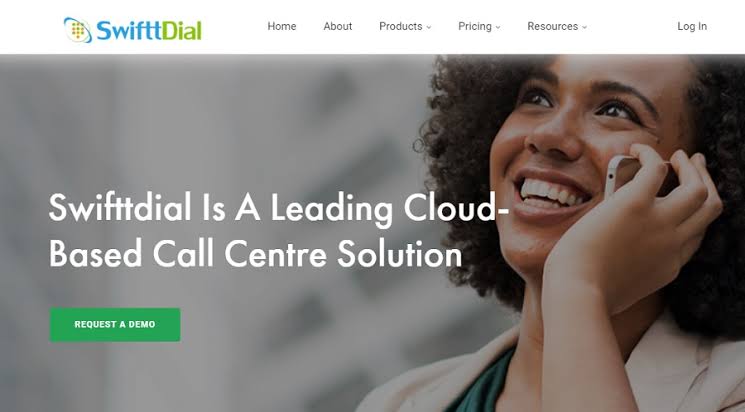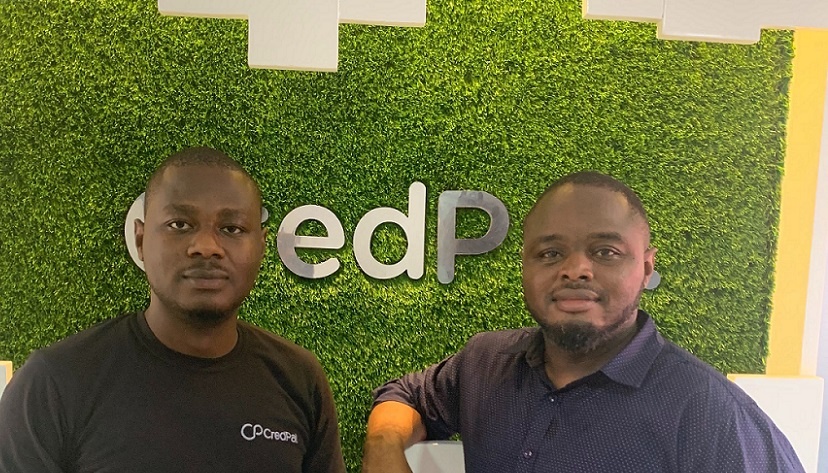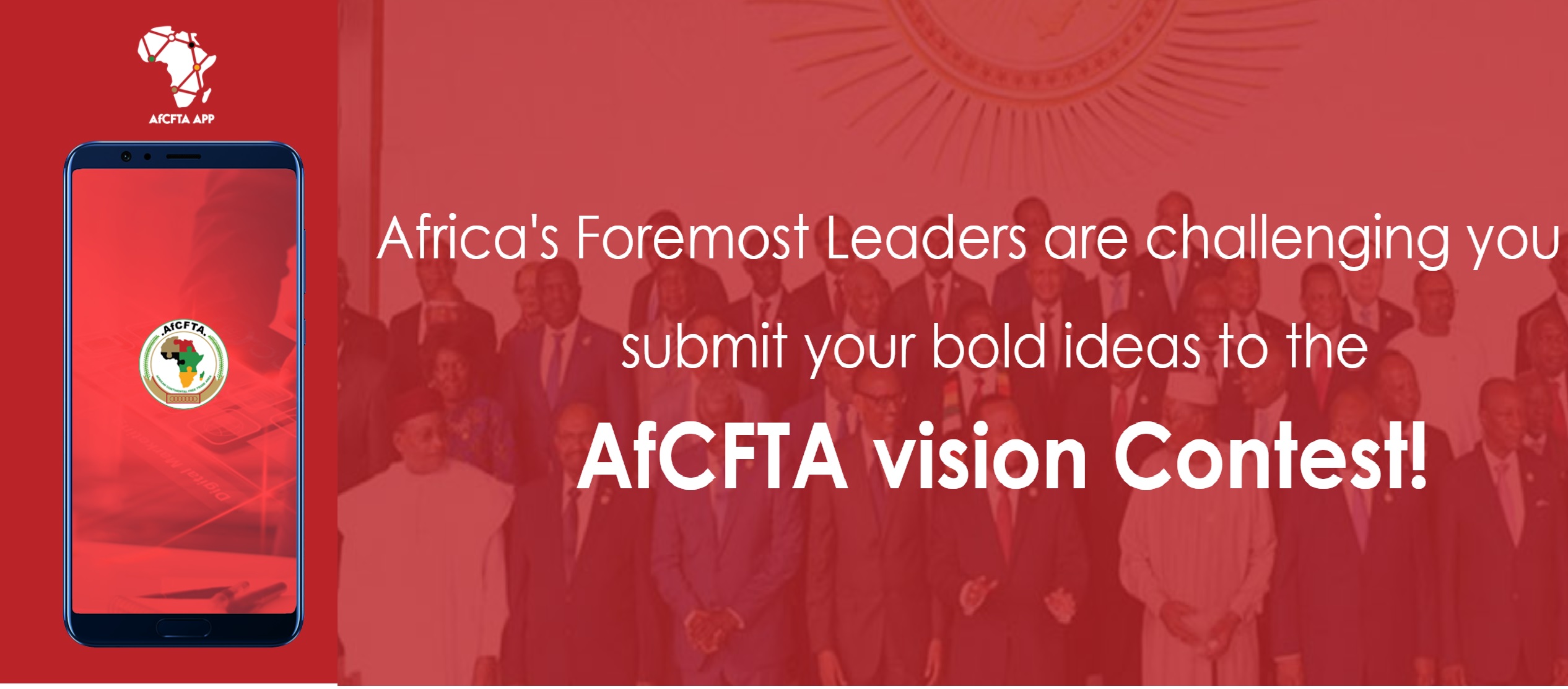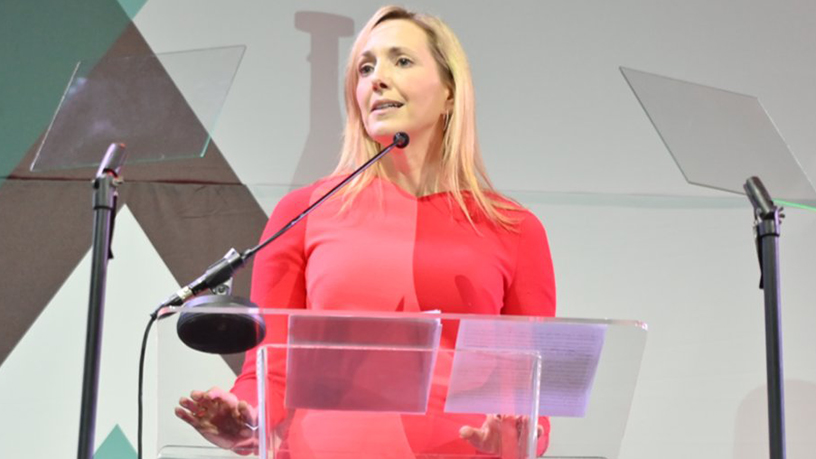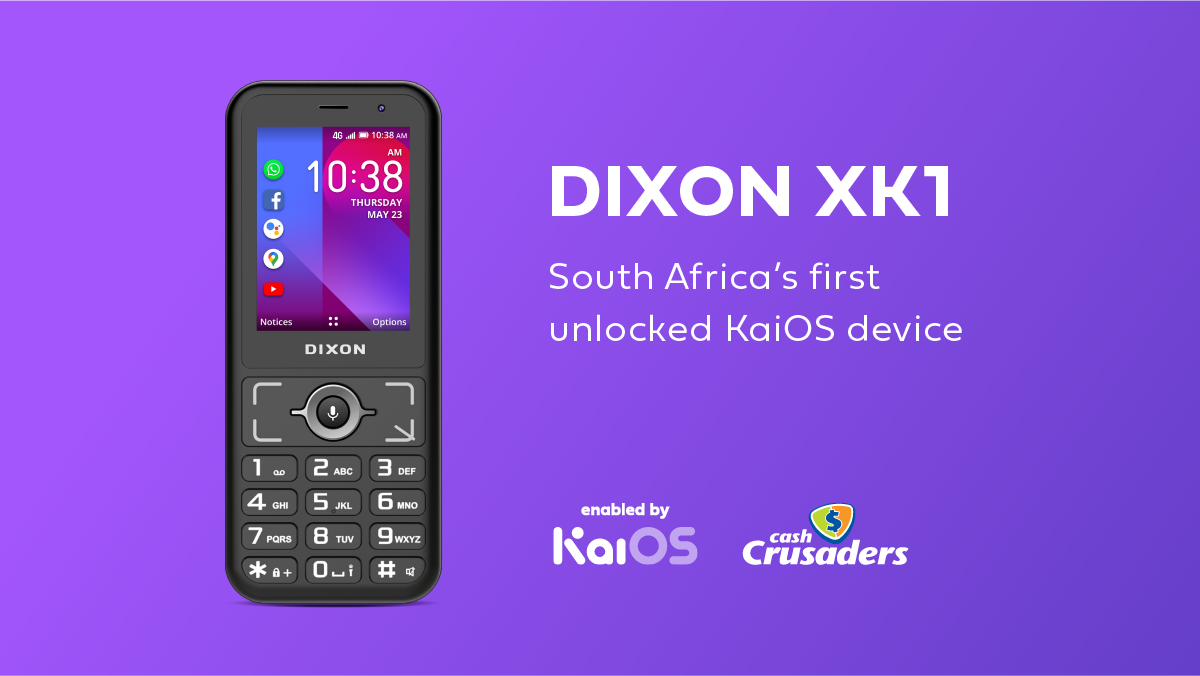Swifttdial Launches Cloud-Based Contact Centre Solution in Kenya
After its success in the Kenyan market, infotech startup Swifttdial has launched a cloud-based contact centre solution that helps companies improve how they engage with their customers, as part of its expansion plans to other African countries. Founded in March, Swifttdial makes the process of business communications simple, affordable and user-friendly. The startup’s cloud-based contact centre solution allows companies to meet their customers at their point of convenience, be that voice, interactive text, or social media platforms like Facebook, Instagram, Twitter or WhatsApp, and respond to them from a single interface.

The cloud-based centre will enable messages from the different touchpoints to be intelligently rerouted to the right agent to create a custom experience. The CEO Vincent Ochieng said that the cloud-based phone system enables companies to receive calls from one number, after which the calls are distributed to different agents based on their skill sets.
Read also:How to choose the best mPOS for your business
“The benefits, which are always generated by having a highly effective customer service, are numerous, regardless of the size of the company. However, the tools, which are currently available for use for augmenting customer service, are out of reach for the SMEs.”
With most of the current systems on the market geared towards large enterprises, Swifttdial bids to make them cost-effective for SMEs. The self-funded startup charges clients setup fees, as well as a fee per agent, per company.
“We also resell bulk SMS and bulk airtime, as well as USSD services. We are currently adding more revenue streams like launching an outsourced contact centre platform,” said Ochieng.
Read also:Technology has Become a Major Driver for an Inclusive Trading Market
Swifttdial has already secured 30 clients with an average of five customer service representatives, and is currently hiring more sales and business development staff to ensure it is in the position to grow.
“We are currently serving the Kenyan market. We however have a single client in Nigeria, and have plans of expanding to Uganda, Nigeria, South Africa and Ghana by mid-2021,” said Ochieng.
Kelechi Deca

Kelechi Deca has over two decades of media experience, he has traveled to over 77 countries reporting on multilateral development institutions, international business, trade, travels, culture, and diplomacy. He is also a petrol head with in-depth knowledge of automobiles and the auto industry

